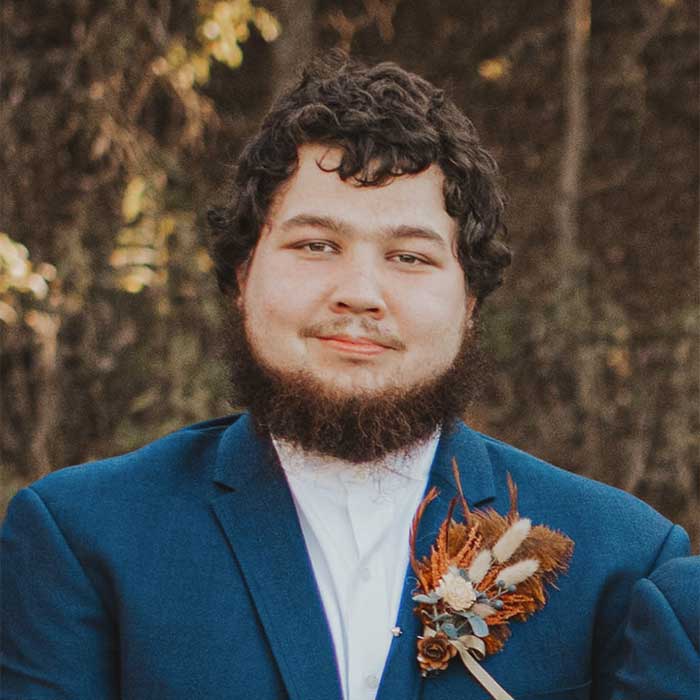When did you first notice you were different from the other kids?
Although I was fortunate to be diagnosed by a pediatric neurologist at a young age, 3 years of speech therapy and minor accommodations during P.E. class, while in elementary school, didn’t strike me as being different. It was not until middle school that I became aware, and then really noticed in high school. All of the new experiences that a person has at that stage in life seemed to be so naturally easy for everyone, so why not me?
What steps, if any, did your parents take to improve your life and education?
They worked with teachers and counselors at my elementary and middle schools to ensure I had support and assistance when needed, whether it was a classroom accommodation or additional time to complete writing assignments. They also kept me involved in sports, although my confidence to play in competitive organized sports didn’t come until later.
Which steps to improve your life and education worked?
My middle school made sure that, when needed, a smaller classroom setting was available for me to be able to better focus and concentrate. I also found that keeping my table or desk free of clutter always helped. Aside from that, playing basketball has always been a way to work out my frustrations.
What steps do you take every day to moderate your condition and performance in the world?
I have help with transportation thankfully and at home small things help, like an air-fryer as opposed to cooking over the stove all the time. In my regular job I have adapted to the demands of what is required, however my second job is writing sports articles for publication on websites, and for that using a keyboard, although still clunky, is a lot better than writing by hand.
Do you believe that either the condition or the work to moderate it has offered you special gifts or insight?
I do believe that it has, where I’ve struggled, I’ve gained better ability elsewhere, like my memory. I’ve always had a good memory and am able to recall things that others usually can’t, especially specific details. This has helped greatly my freelance journalism career because I can post on stat-lines or games in the past and do so in great detail without having to kill a lot of time on the research side.
Whatʼs one thing you wish those without Dyspraxia could understand about us?
I wish they could understand how difficult even the easiest task could be. And when we are frustrated, it doesn’t mean we are mad at you, it just means I may not feel like talking until I can relax and formulate what I want to say. We also don’t like a lot of attention brought upon ourselves at times, especially when we are young adults and tend to feel judged so much by others.
Having a hidden neurological disorder, whatʼs one sentence of advice you would give to those just starting their professional, artistic, or educational journey?
Do not give up and use those close to you as an outlet to express how you feel and to help you through it all. Surround yourself with people who care and know that you are never alone. Reach out when you need help.


